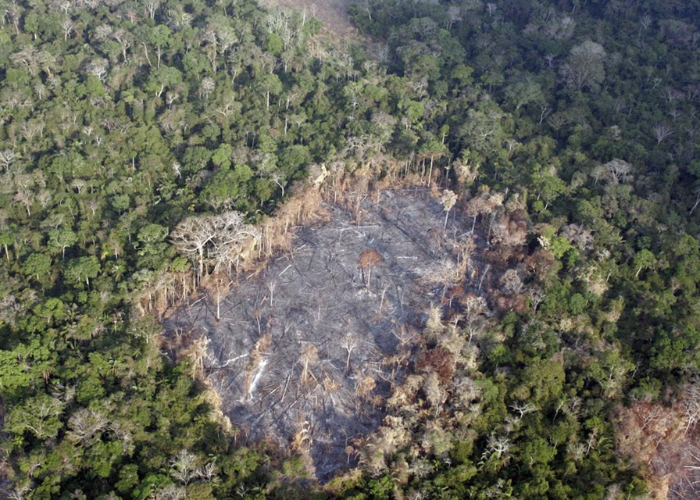Against deforestation, the importance of pragmatismBY ANTONIO PICASSO
- 16 January 2023
- Posted by: Competere
- Category: Senza categoria

It is crucial to welcome the agreement reached in Brussels to ensure that products such as rubber, soya and palm oil can only be imported and traded in Europe as long as they do not cause deforestation.
Article fully accessible on HuffingtonPost.it (in Italian)
The European Parliament and the EU Commission have agreed that products such as rubber, soya and palm oil can only be imported and traded in Europe if they are not cultivated on land subject to further deforestation. This new legislation to protect forests is to be welcomed because it is a step forward for responsible agriculture and an acknowledgement of those companies that have long applied strict sustainability standards themselves.
THE DISPUTED CASE OF PALM OIL
After years of investment and joint efforts between the public and private sectors, the supply chain can be taken as a model. In fact, if 95% of the palm oil imported into our country is certified as sustainable, it is because the supply chain and the Italian processing industry have anticipated the Brussels regulations. Some may even question some certifications (such as the RSPO – Round Table on Sustaianable Palm oil), but it is clear that Italian companies have progressively adopted more and more stringent criteria, more advanced tracking and monitoring techniques, and investments that allow meticulous tracking of the product from the smallest of growers to the final product. Here, instead of ideological fundamentalisms that aim at utopia without achieving anything, the environment needs pragmatism, daily commitment and intelligent solutions.
In this respect, the experience of agricultural commodities in 2022 was a significant one. Despite the Russian-Ukrainian war, post-pandemic speculation, financial stresses and bottlenecks in international trade, value chains have demonstrated resilience and adaptability. In the face of the Ukrainian sunflower seed shortage – and the resulting oil shortage – many companies attempted a ‘plan B’, which has so far failed. Many others, however, have opted for a more effective, successful and strategic solution by returning to using palm oil as a key ingredient: effective because of the significant availability from producers; successful because palm oil has always been the most versatile vegetable oil; strategic because it has returned this product to its historical centrality, but with a profound novelty… now almost all of what is imported is certified with the highest standards of sustainability.
WE NEED AND WILL NEED MORE VEGETABLE OILS
A reduction in food consumption is unthinkable. Neither as individuals, nor as a world population. The FAO shows us the way. We are 8 billion people and need almost 20 trillion calories per day for sustenance. The overall standard of living of the world’s population is improving (as indicated by indices of average life expectancy, schooling and access to medical care). The road of eating less, implied by happy degrowth, is not viable. Perhaps in the affluent West we can recalibrate our diet, but looking at certain parts of Africa, thinking of reducing production sounds very out of tune. Rather, we must move forward, step by step, to grow in balance between man and nature.
.
>> Read Deforestation: Indonesia’s best practice and European ambiguities <<
Image credit: Adnkronos <<<

